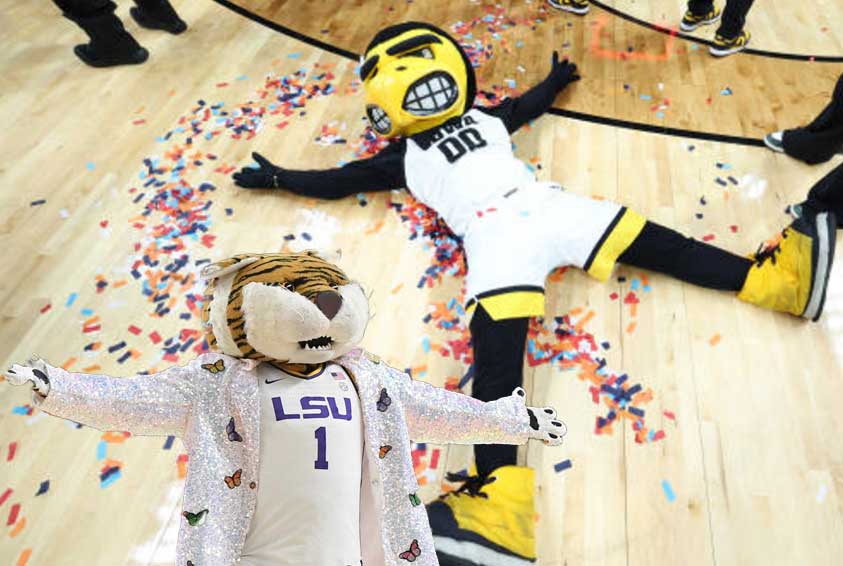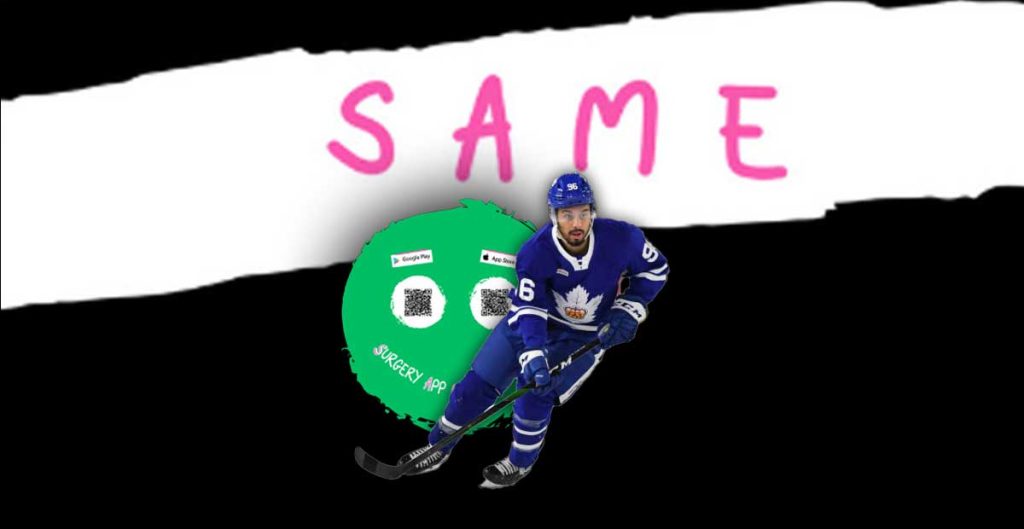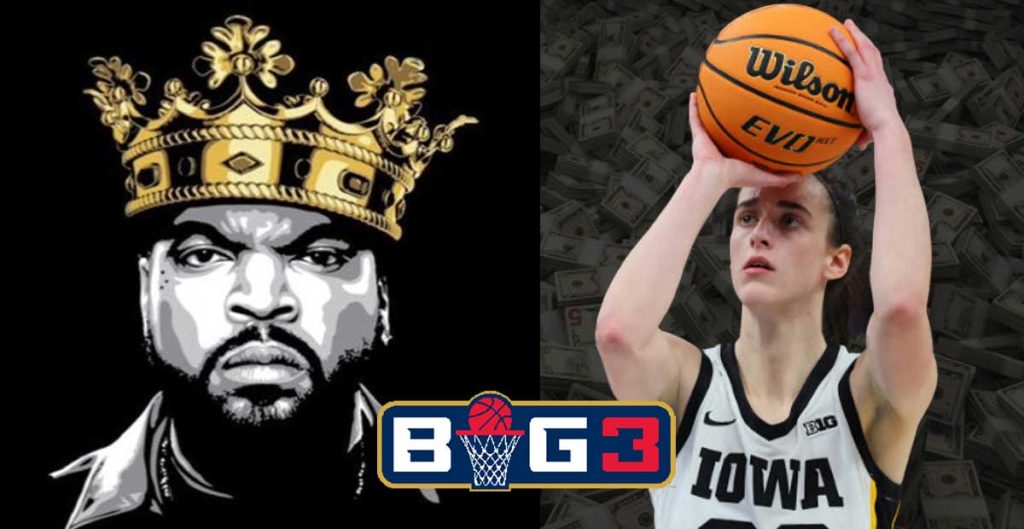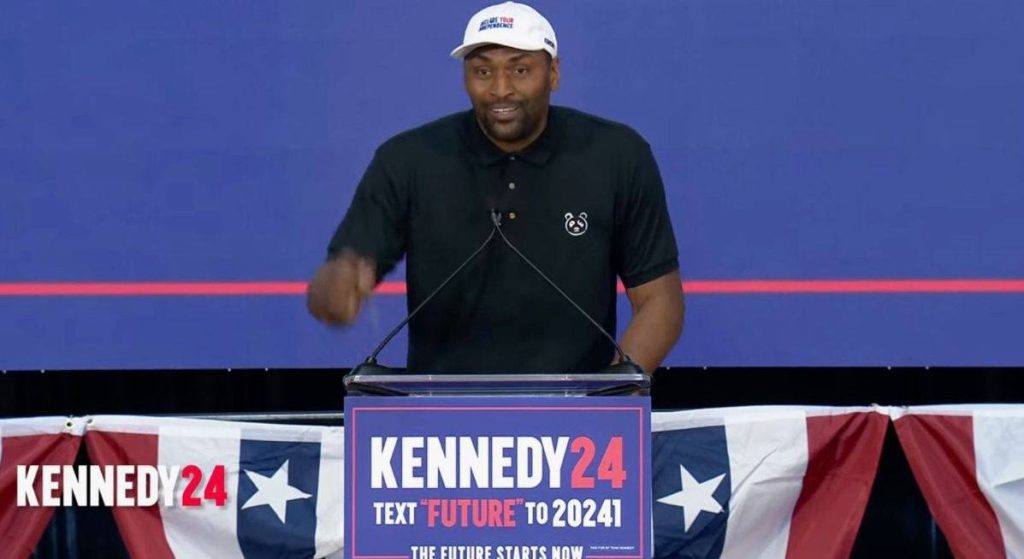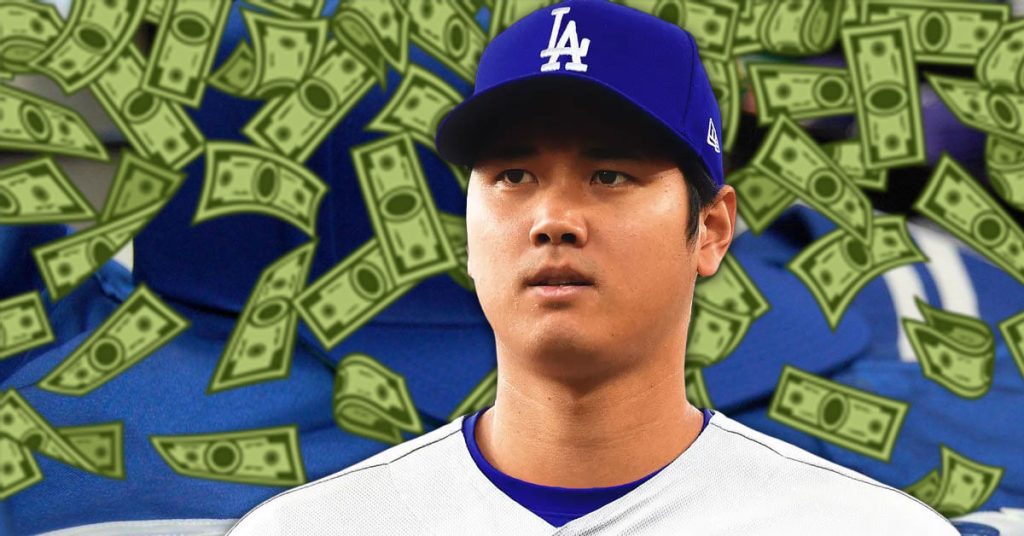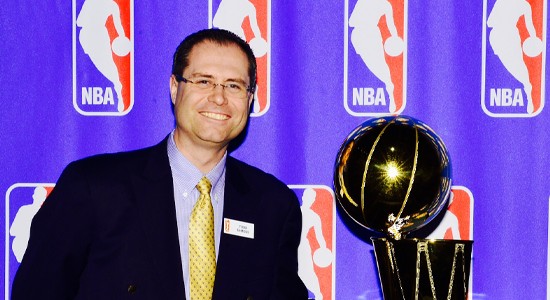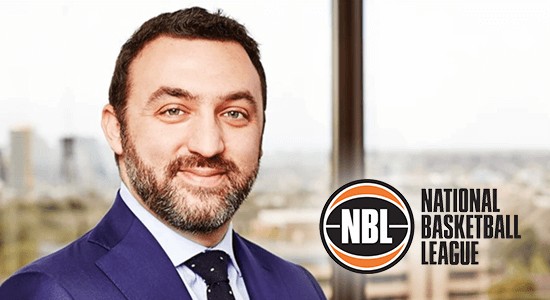
Commissioner Jeremy Loeliger Positions Australian-Based National Basketball League (NBL) To Elite Status
Jeremy Loeliger | Commissioner | National Basketball League

No doubt LaMelo Ball, RJ Hampton and Didi Louzada brought a lot of attention to the league last season and made us a more consistent part of global conversations about basketball. But there’s always been a very healthy respect and admiration for Australian basketball.
Jeremy Loeliger
Commissioner
National Basketball League
Tell us about your role as the Commissioner of the National Basketball League.

I joined the NBL in 2015 after Larry Kestelman took a majority ownership position in the league.
The NBL had enjoyed huge growth and success during the 1980s and early 1990s but had fallen on tough times coinciding with the retirement from the NBA of players like Michael Jordan, Magic Johnson and Larry Bird.
The success of Basketball in Australia has been largely due to the rising awareness and popularity of the NBA under David Stern and his commitment to globalization of the brand. This was long before the internet was readily available and certainly NBA League Pass hadn’t even been conceived.
Access to the NBA in Australia was very limited indeed, and so people were flocking to the local equivalent – the NBL. However, when that era of players began to retire, the NBA’s popularity waned, and the NBL lost much of its momentum as a result.
Since 2015, however, we have done an enormous amount of work to rebuild the NBL to the point where it is now considered one of the best leagues in the world outside of the NBA.

We have had five years of consecutive growth of both audiences and attendances, with our games being shown all over the world for the first time in the 41-year history of the competition.
Accordingly, the NBL is now enjoying the highest ever attendances and audiences in its history and is part of the global basketball conversation. It’s also Australia’s fastest growing sporting league with nearly one million fans attending games last season. We’ve taken the NBL from being a fringe sporting league in Australia to being a global entertainment product enjoyed by people around the world.
What does a typical day look for you? Your days must differ depending on the season (winter vs. summer), between the NBL1, 3x3 and NBL.
There’s no longer any such thing as an off season in sport. We are an all year round operation and business. As well as the NBL, we’ve expanded our footprint and developed new properties such as our national winter league (NBL1) and our 3×3 competitions – the NBL 3x3Hustle.

We’ve also taken games into China, established ourselves as a regular participant in the NBA’s pre-season competition and built a significant media business across all aspects of our business.
The business is growing all the time and we are never standing still and always looking at new opportunities and new ways to innovate.
Accordingly, I find it very difficult to describe a ‘typical’ day. The scope of my role varies from typical corporate and commercial matters like mergers and acquisitions, media rights deals, sponsorship arrangements, etc all the way through to talent evaluation for our ground breaking Next Stars Program, which saw us sign RJ Hampton, LaMelo Ball and Didi Louzada last season – who will all no doubt be going on to very bright futures in the NBA next season and beyond I expect.
Part of the appeal of the job, and the fact that we’re still on a very rapid growth trajectory, is that it is unpredictable and diverse.

What would you say is the best part about being the Commissioner of the NBL?
I think it’s important to understand that Australians are sports mad – and the sporting landscape is extremely competitive. Sport here is extremely tribal and our attitudes toward professional sport are part of the cultural fabric of our community.
As such, it’s a privilege to lead any sporting organization, but I am particularly proud to be at the helm of a league that has undergone such significant change in such a short period of time, and to have been a part of that transformation and growth.
As NBL Commissioner I’ve been lucky enough to be working at the coal face during much of that transformation, along with some incredible people at the league and our clubs, and of course our extraordinary players and our many partners across the world. We are all driven by our passion for the game but to also build something truly special and leave a legacy for generations to come.
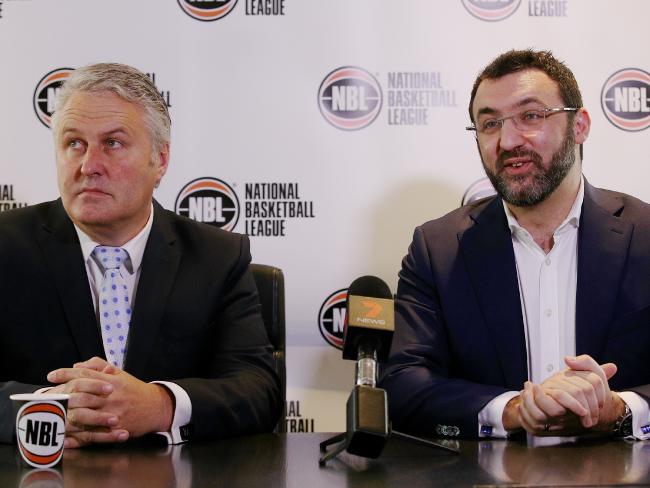
What sparked your passion for basketball and attracted you to a career in sport management? How did you get your big break?
I played basketball when I was younger – never particularly well – but that fueled my interest in both the NBA and the NBL during the (initial) halcyon era of the sport in the 80s and 90s.
I lost contact with the sport during my time at university and then my initial profession as a lawyer. It was only through my legal practice that I developed a renewed interest in the governance of sporting organizations – not basketball in particular – but as chance had it I ended up working on a few different things with (now owner of the League) Larry Kestelman and when the opportunity came for him to acquire a majority interest in the NBL he asked me to assist with the legal aspects of the transaction, but on that basis that I come and join him as General Manager (and subsequently CEO and Commissioner) when the sale completed.
After being a partner of a national and international firm for some years, I was ready for a change and was looking forward to the opportunity to have an ongoing involvement with a project after the acquisition, so the timing for me was perfect, and the subject matter of the business reignited my passion for the game.
How much has the NBL evolved since you first became involved with the league as General Manager back in 2015?
The NBL is virtually unrecognizable from the league we acquired in 2015. First, the on court product is now the best it’s ever been. Everywhere you look there are genuine stars and we are attracting higher caliber overseas players who are coming back year after year because they know the NBL is a world class league.
Second, we’ve put a huge focus on entertainment and fan engagement that has helped grow our audience. To come and watch a game of NBL is a great night out with family and friends and so much more than just a basketball game. Third, we’ve brought a mindset of professionalism to the sport and that has been reflected in not just head office but also our clubs. For example, we’ve seen a number of former and current NBA players take ownership stakes in teams as we’ve forged a strong relationship with the NBA.
Five consecutive years of growth in both attendances and viewership mean that the League is now in the best shape it has ever been in its 41 year history.

The NBL is world renowned as one of the best basketball leagues in the world and recently got a lot more North American media attention with the acquisition of RJ Hampton, LaMelo Ball and Didi Louzada. How much pressure is there to be in your position?
I don’t think there is any more external pressure in my position than there would be on any other leader of a national sporting organization – maybe even less so given that only five years ago, the public had very low expectations of our league.
No doubt LaMelo Ball, RJ Hampton and Didi Louzada brought a lot of attention to the league last season and made us a more consistent part of global conversations about basketball, which we hadn’t really previously been part of. But there’s always been a very healthy respect and admiration for Australian basketball – we have always punched above our weight from a performance point of view – and now that we have the entertainment product to go along with it, I think a lot of the pressure has been eased.
The pressure internally, to take our product to the next level, to continue to exceed the public’s expectations, to find the new opportunity that will make the business profitable for many years to come, is significant and what keeps me and all my team on our toes.

What do you do that attracts top talent to your league? Tell us about your creation of the Next Stars program.
There’s a number of factors. I think players see us a world class league where they can earn a good living but also enjoy a great lifestyle.
Australians and New Zealanders compete hard but enjoy strong team cultures and coming to the NBL exposes you to a highly professional league the hallmark of which is highly professional athletes, coaching staff and administrators.
Put all of that in a market that is English speaking (making us a nice platform toward a career in the NBA), has a strong economy where players know that they’re going to get paid and where the season happens to be played in Summer and it all adds up to a very appealing package for an international player.
The idea of Next Stars was to create an alternative pathway for aspiring NBA players. Rather than having to play in the US College system, which we knew wasn’t going to suit everyone, they could come to the NBL and play against grown men in a professional system and this would prepare them for the NBA whilst also being paid for their efforts.
Every player who has been part of Next Stars has spoken highly of the opportunities it’s given them both on and off the court. Brian Bowen II progressed to NBA ranks and there’s no doubt LaMelo Ball, RJ Hampton and Didi Louzada have very bright futures ahead of them in the NBA.
We think we give them a unique opportunity to help prepare them to be the best versions of themselves both on and off the court whilst transitioning from high school student to full time professional athlete.
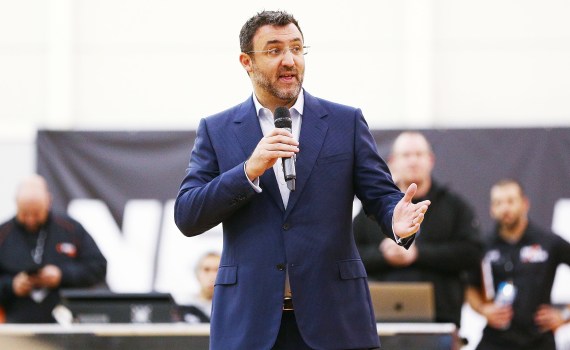
How much freedom and creativity do you have in your role to innovate and make tough decisions to continue to improve the NBL?
Innovation is a mantra of our business.
We compete in one of the most crowded sporting markets in the world and we need to do things differently if we are going to stand out. Next Stars is just one example of that, but we’ve always seen what we do as delivering a great entertainment product first and foremost.
Basketball is a global sport and we have the opportunity to make the NBL a truly global product if we’re able to capitalize on the opportunities afforded to us. We are not afraid to try things and we make no apology for trying to continuously improve our product and take the NBL to the next level. Sometimes you fail, but the important thing is if you’re going to fail, do it quickly, learn from the mistakes and don’t be afraid to try again.
What are some of the most memorable moments in your sports career thus far?
Handing over each Championship trophy has been extremely memorable – it is a privilege to be a part of a moment where a group of team mates are enjoying the product of all of their hard work together and being around that also makes all of our hard work as administrators feel all the more worthwhile.
[get_current_post_author_pic_and_name]
I think we can all agree that Australian basketball has really made its mark in the basketball world in the past 5 years. Without a doubt, Commissioner Jeremy Loeliger has played an instrumental role in the league’s success. Sure, credit for the league’s elite reputation goes to signing highly touted NBA prospects strong>LaMelo Ball, RJ Hampton, Didi Louzada, and current two-way player on the Indiana Pacers Brian Bowen II. But if not for an inherently rabid basketball fan base in Australia and a league willing to do everything it takes to cater to their wants and needs, such talent might have turned the other way prior to 2015. The NBL has shown a willingness to innovate and ignite the inner spirits of their Australian fans and because of that, and Jeremy Loeliger’s leadership as Commissioner, the league and its properties the NBL1 and NBL 3x3Hustle are considered world-class.
The Latest



